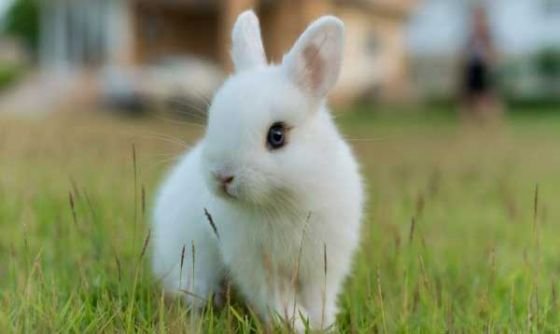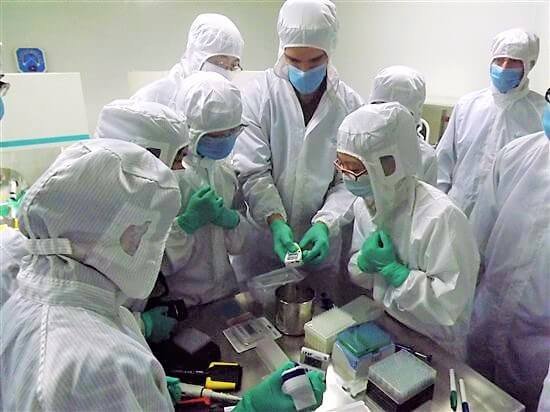China has approved two ethical methods of testing cosmetics.
The national Medical Products Administration (NMPA) of China has approved two alternative ethical methods for testing cosmetics without the use of animals.

"After years of pressure from PETA, the Chinese government has approved two new non-animal methods designed to test cosmetics in China," the PETA website said.
This significant progress has been made thanks to the pioneering work of scientific experts and specialists in the regulation of the Institute of natural Sciences (Institute for In Vitro Sciences, IIVS), which PETA has provided initial funding for training of Chinese scientists in modern methods not related to animals.
The new ethical methods, which will be applied from January 1, 2020, are intended for testing for eye and skin irritation, including direct analysis of peptide reaction to skin sensitization and analysis of short-term effects on eye irritation.
Although this will not completely replace animal testing, the introduction of alternatives will save a huge number of animals from the pain caused by the ingress of substances into the eyes and skin.
In 2012, PETA discovered that some companies that had previously been free from animal abuse had started to pay the Chinese government to test their products on animals in order to sell them in that country. At that time, animal testing was required for any cosmetics sold in China. PETA immediately contacted leading experts in non-animal testing methods, providing them with an initial grant to work in China.
Scientists have successfully worked with Chinese officials to approve the first ethical testing method, which includes a phototoxicity analysis of the absorption of neutral red 3T3, which is used to test cosmetics for their potential toxicity in contact with sunlight.

In 2014, the Chinese government announced that it was ready to adopt non-animal methods, but only for non-special purpose cosmetics produced in China.
Animal tests are still required for all imported cosmetics and all special purpose cosmetics, no matter where they were manufactured.
Recall that in March, the national Association of Medicines of Gansu province reported that after-sales testing of finished imported and domestic cosmetics in China will no longer include tests on animals.
It is necessary to understand that only by purchasing vegan products without cruelty, we refuse to sponsor the mockery of innocent animals such as rabbits, Guinea pigs, mice and rats suffering from painful trials throughout life.
In the PETA Beauty Without Bunnies database, which currently lists more than 3,800 ethical companies, you can find products that are not tested on animals.
really animals should be free in the world and have the normal life